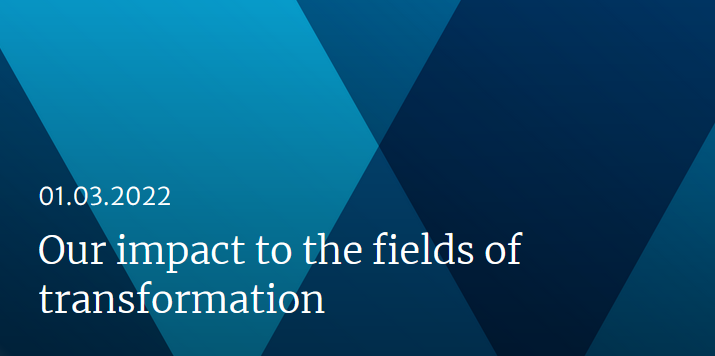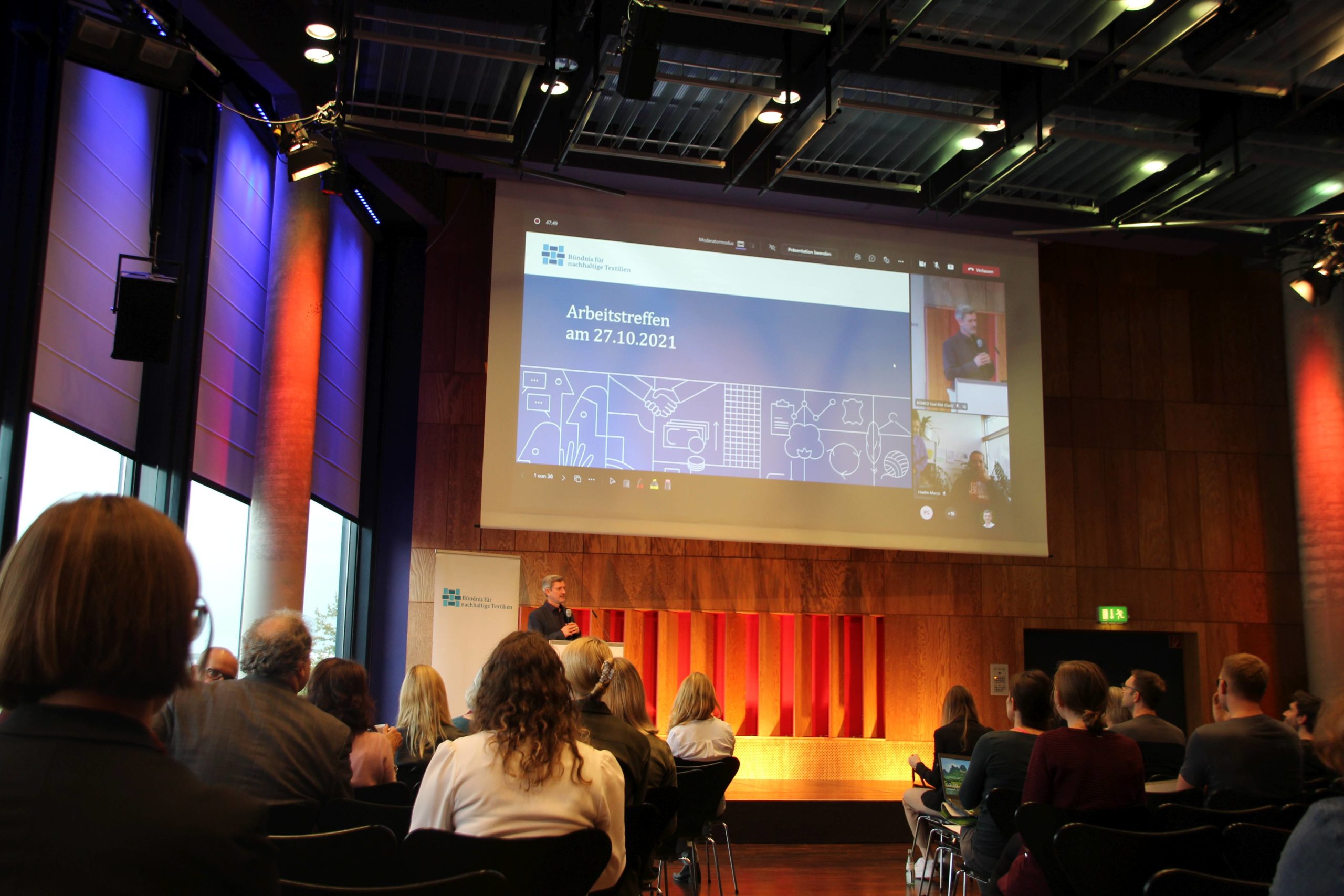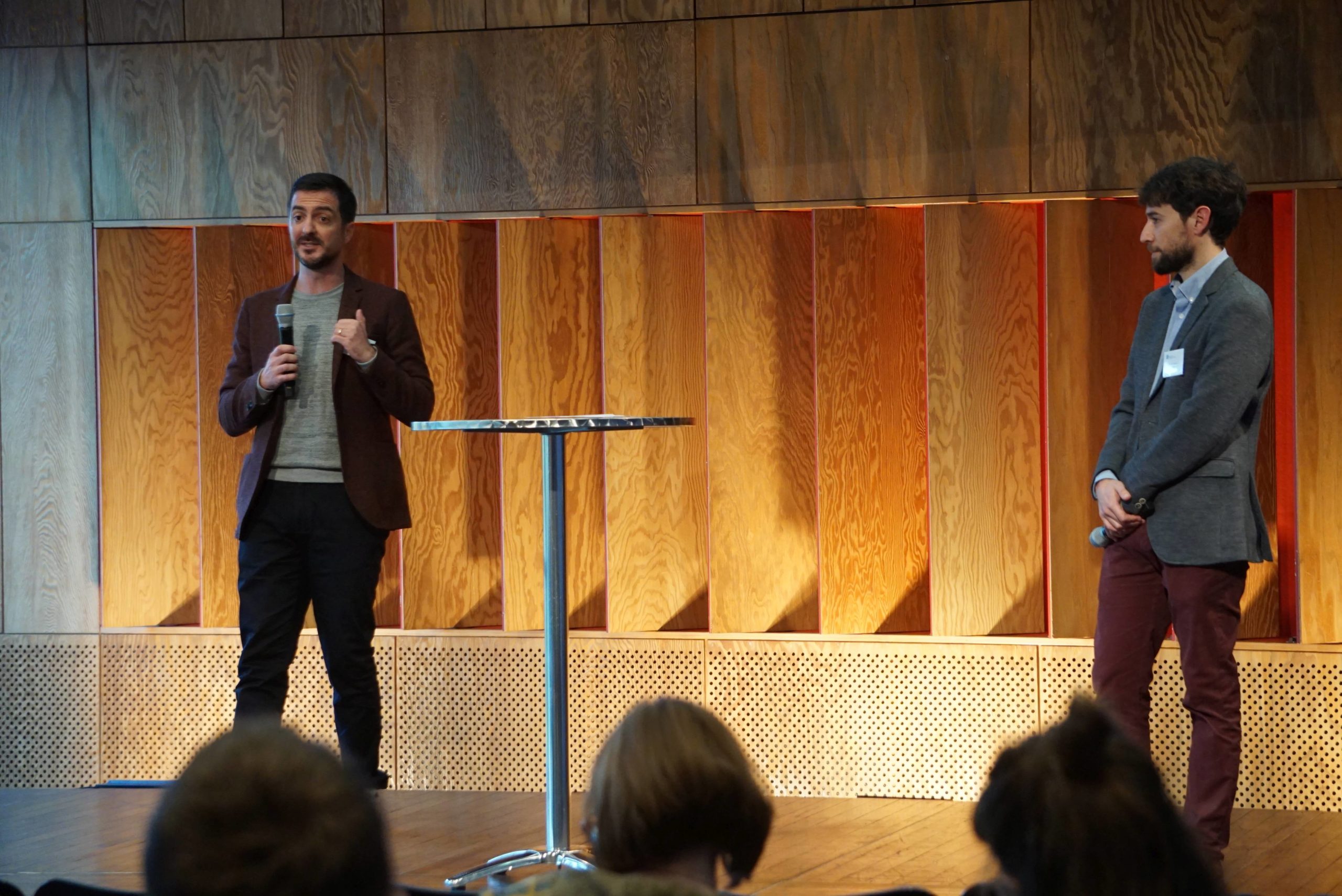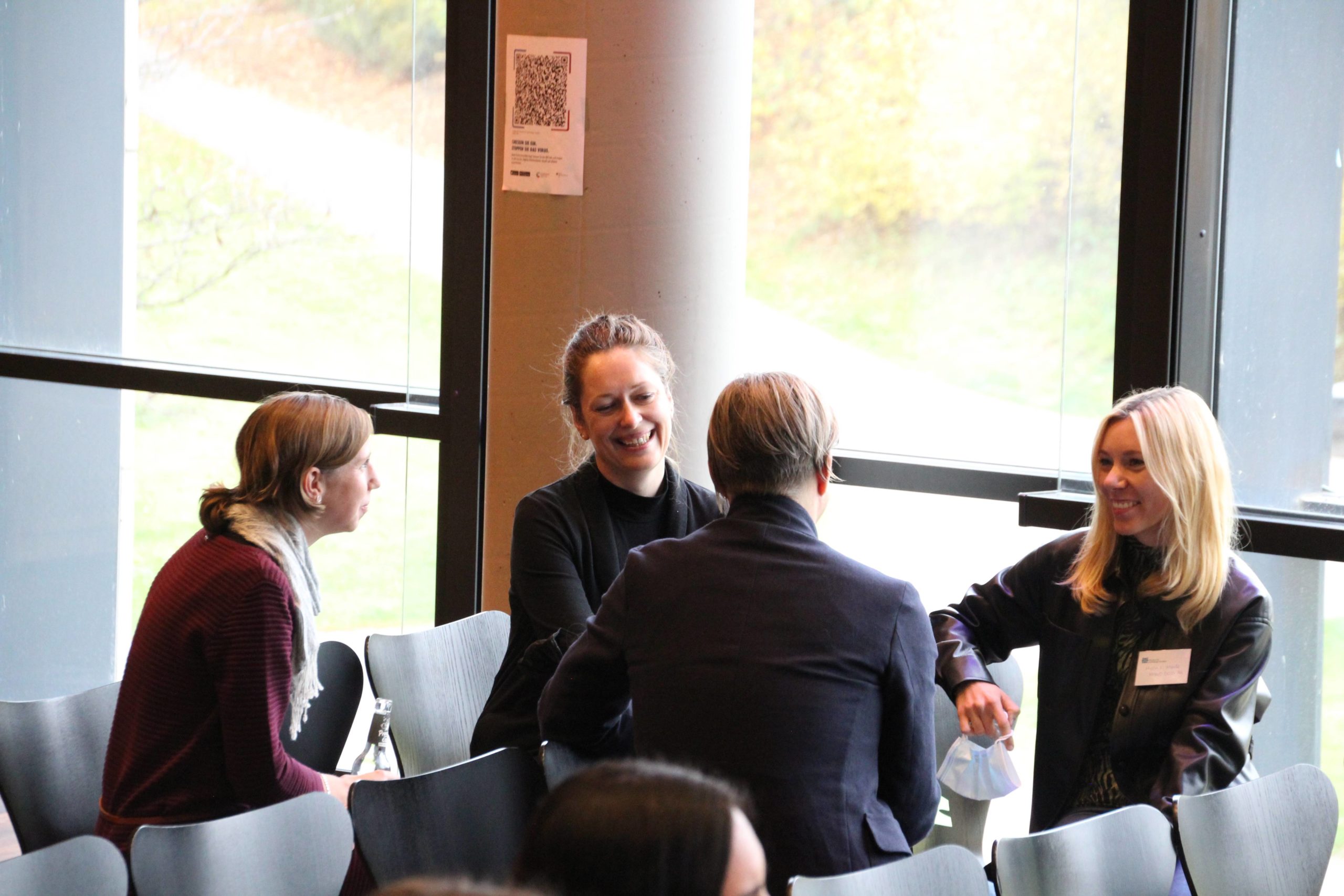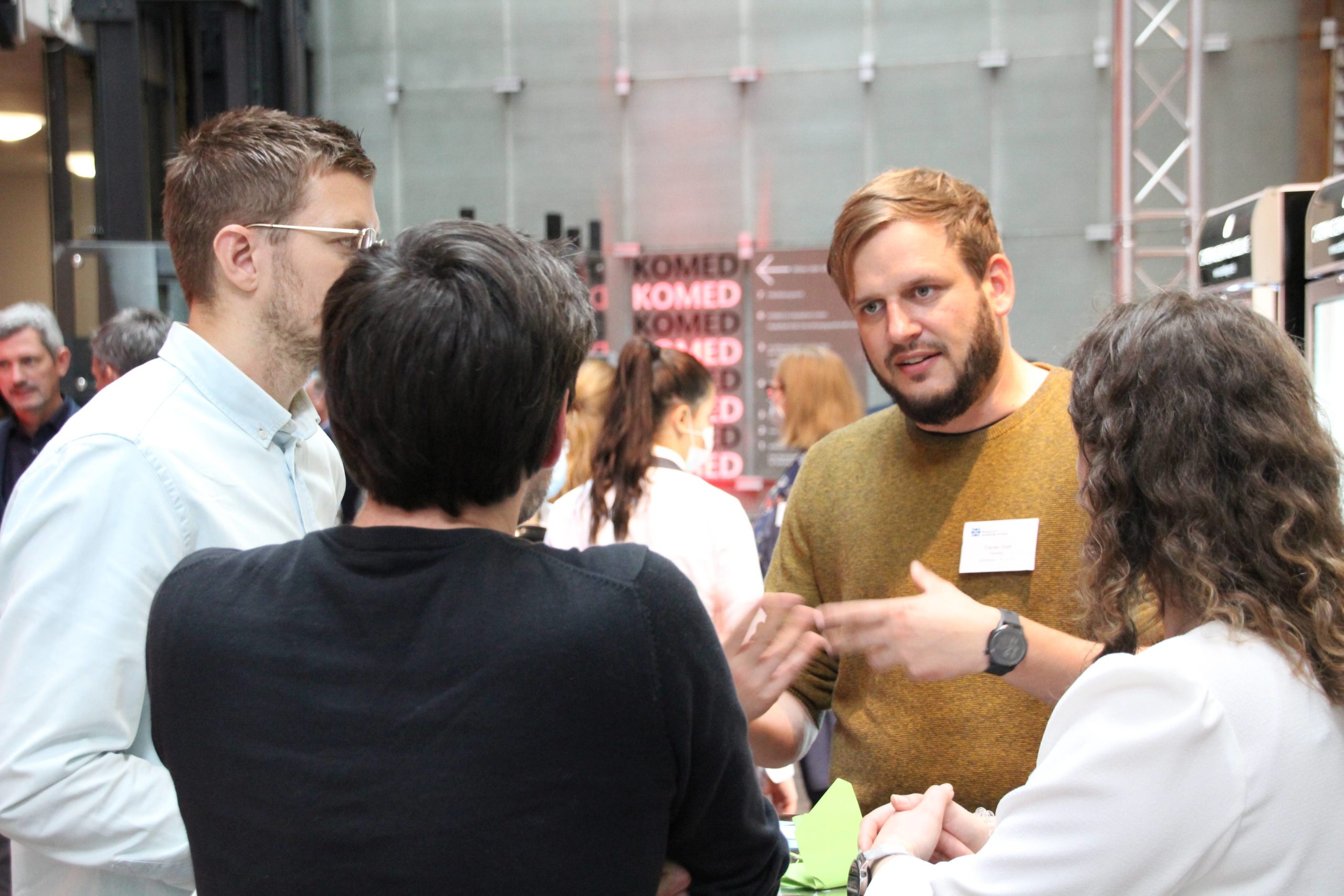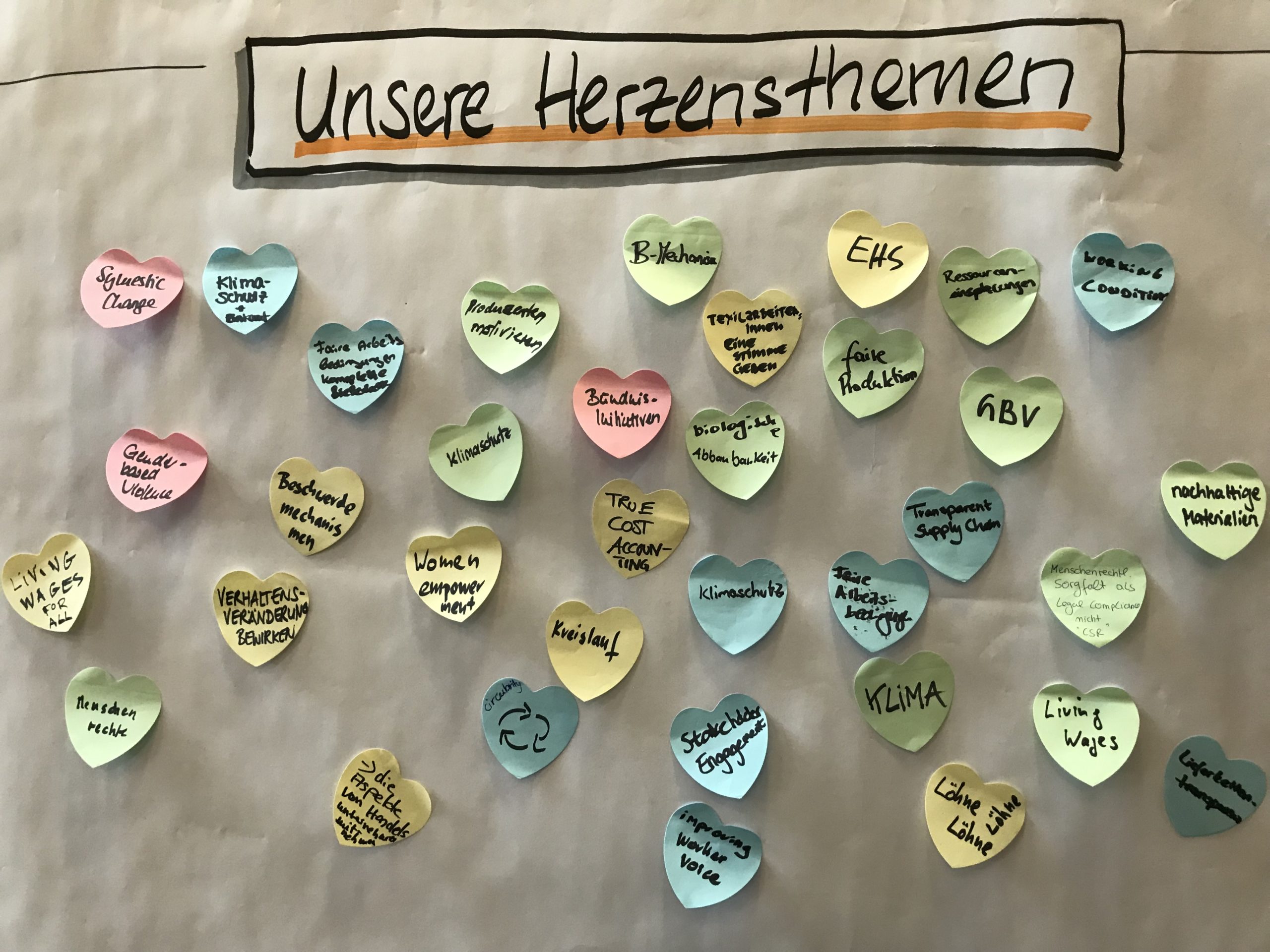Chapter 9
Spotlights
Steerings Committee, Working Meeting, Website, and SGDs
And what else happened in 2021?
In addition to the activities in the four fields of work and on the various topics of the Textiles Partnership, there are many more newsworthy items every year than space in the annual report. However, we do not want to withhold a few selected points from you and have therefore put them together at this point – last but not least.
In addition to the activities in the various fields of work and topics of the Partnership for Sustainable Textiles, there is much more worthy mentioning each year than there is space for in the annual report. Last but not least, we would like to spotlight a few points here.
Changes in the Steering Committee
The Steering Committee (SC) is the highest decision-making body in the Textiles Partnership. In spring 2021, members of the various stakeholder groups were able to elect their representatives for the SC. Ten of the twelve SC members were re-elected. Johannes Merck (Otto Group) and Sabine Ferenschild (Südwind) did not run again for the Steering Committee. As a result, Tobias Wollermann (Otto Group) and Alexandra Caterbow (hej support) joined the Steering Committee as new members. In the course of the year, the representative of the Federal Ministry of Labour and Social Affairs (BMAS) changed: Olaf Seiring was succeeded by Moritz Blanke.
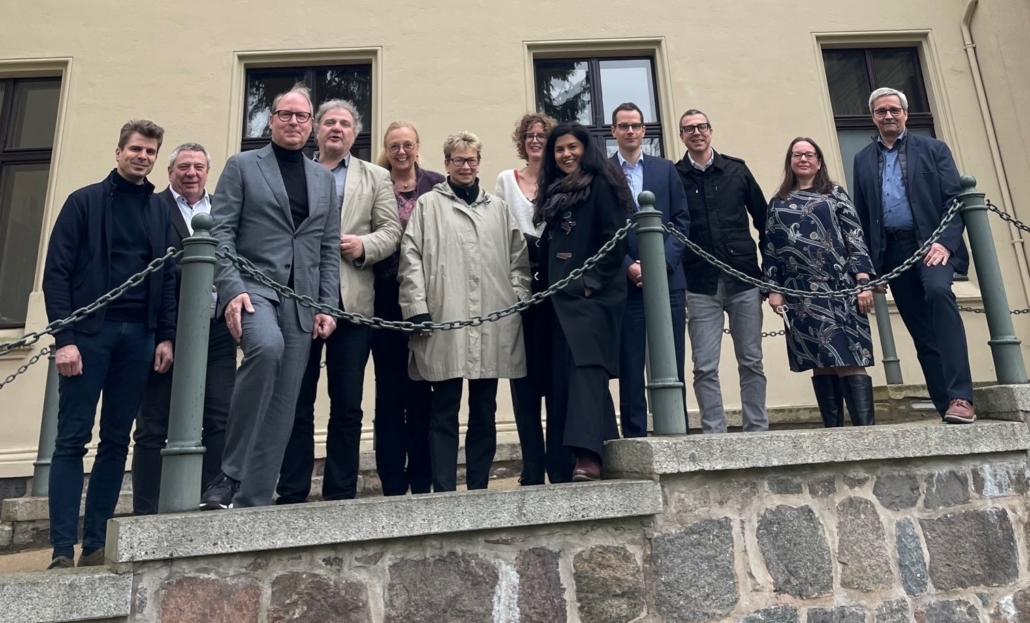

From left: Nico Kemmler, Uwe Mazura, Stephan Genth, Berndt Hinzmann, Annette Seidl, Gisela Burckhardt, Franziska Dormann, Anosha Wahidi, Moritz Blanke, Ingo Strube, Alexandra Caterbow, Frank Zach
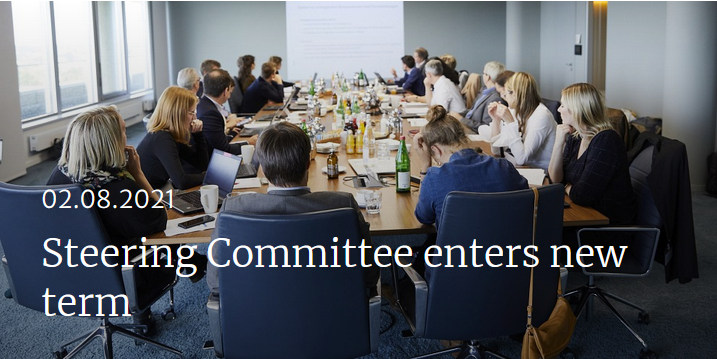

Working Meeting 2021
The Working Meeting took place on 27 October 2021 as a hybrid event. At the KOMED in Cologne, around 60 representatives of the Partnership members met, in addition, up to 30 people took part in the workshops online and two sessions in the plenum.
Excerpts from the program of the Working Meeting:
- Jürgen Janssen, Head of the Partnership Secretariat, spoke about experiences and expectations in this year’s Review Process.
- Welcoming address by the Acting Parliamentary State Secretary of the BMZ, Dr Maria Flachsbarth:
“If we hadn’t invented the Textiles Partnership in 2014, we wouldn’t be where we are today. We have made good progress together, have recognized the necessities and signs of the times and are therefore further along in the textile sector than in other industries.” - 6 workshops on gender-based violence, climate protection, purchasing practices, supply chain transparency and sustainable public procurement, among others.
- Panel with Jorge Conesa (Policy Manager at Fair Trade Advocacy Office) and Baptiste Carriere-Pradal (Chair of the Policy Hub) on developments at EU level.
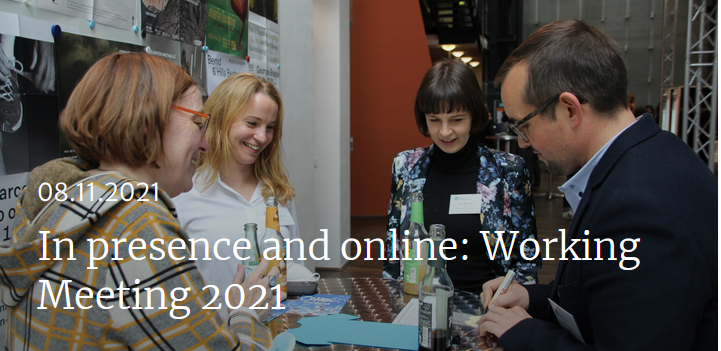

Improvements on the website
The website is the central information channel about the Textiles Partnership. In 2021, we revised the page structure so that users can better navigate and find information faster.
For example, the Topics section has also been expanded, which now contains information on all eleven sector risks and presents the respective activities of the Partnership.
You can still read under News what is currently happening in the Textiles Partnership and which new members have joined.
Our contribution to the Sustainable Development Goals
With its diverse activities, the members and the Textiles Partnership as a whole contribute to the 2030 Agenda and the Sustainable Development Goals (SDGs). In 2021, we updated our SDG mapping and integrated two more SDGs with SDG 13 (climate action) and SDG 14 (life below water).
News
German Sustainability Strategy
The Textiles Partnership and its members not only contribute to the SDGs, but also to four transformation areas of the German Sustainable Development Strategy.
